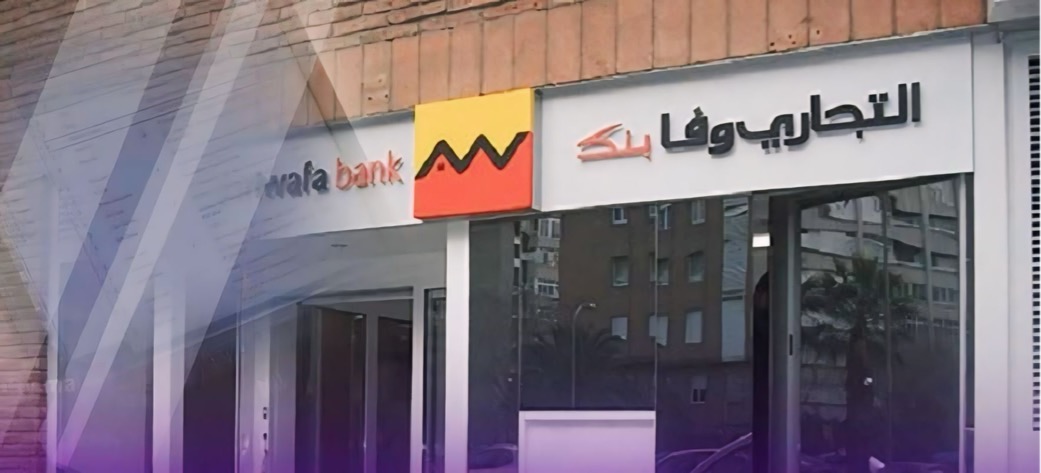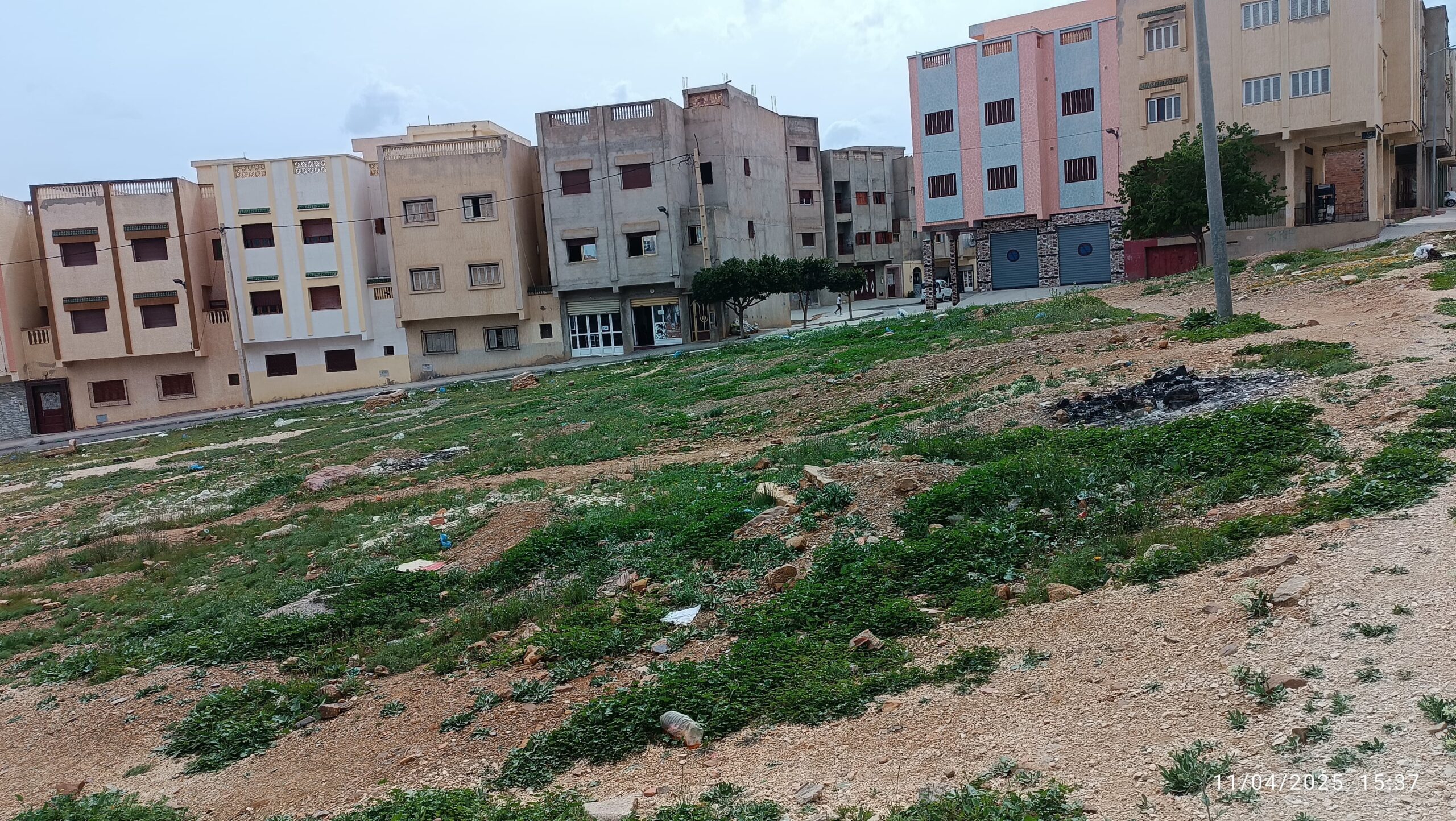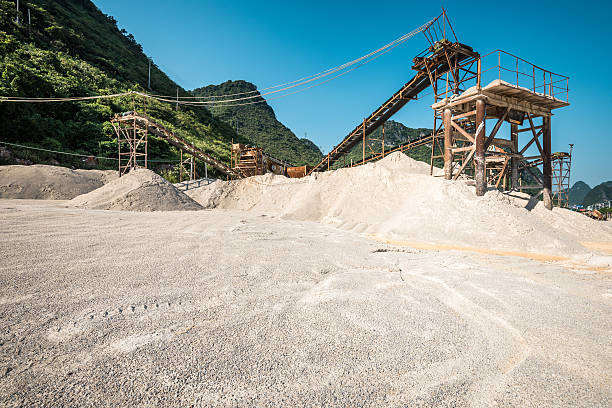Casablanca – Morocco’s economic performance in 2024 reflects a blend of challenges and strengths impacting its growth trajectory. Key data reveals a notable slowdown in the first quarter, largely attributed to a 5% contraction in the agricultural sector. This decline was exacerbated by adverse climatic conditions, including consecutive drought seasons, which significantly reduced the area cultivated for grains by 42.5%, down to 2.5 million hectares.
In contrast, non-agricultural sectors demonstrated resilience. Industries such as extractives saw a robust growth of 17.7%, contributing positively to economic expansion. However, the services sector experienced a slowdown with a 3% growth rate, highlighting varied performance across different economic segments.
Domestic demand showed promising signs, with a notable improvement to 3.6% in the first quarter compared to 0.3% in the previous year. Household spending played a pivotal role, increasing by 3%, indicating strong consumer confidence amidst economic challenges. Meanwhile, government spending slowed to 3.9%, playing a lesser role in driving overall growth.
Morocco’s external trade dynamics were also influential, as both exports and imports recorded growth. Imports grew by 9.5%, and exports by 7.3% in the early part of the year. Despite this, the negative impact of imports on GDP growth intensified to 1.1 points, highlighting the complexities in managing trade balance.
Looking forward, Morocco expects a moderated economic growth rate of 2.8% for the year, down from 3.4% achieved previously. The government aims to reach a 3.4% growth target through strategic policies focused on bolstering agricultural resilience, enhancing sectoral performance, and ensuring economic stability.
As Morocco navigates economic challenges, the focus remains on balancing agricultural vulnerabilities with the potential for growth across its diverse sectors. Strategic policies aimed at supporting agriculture, stimulating domestic demand, and optimizing trade dynamics will be crucial in sustaining economic resilience amidst global and domestic uncertainties.
















